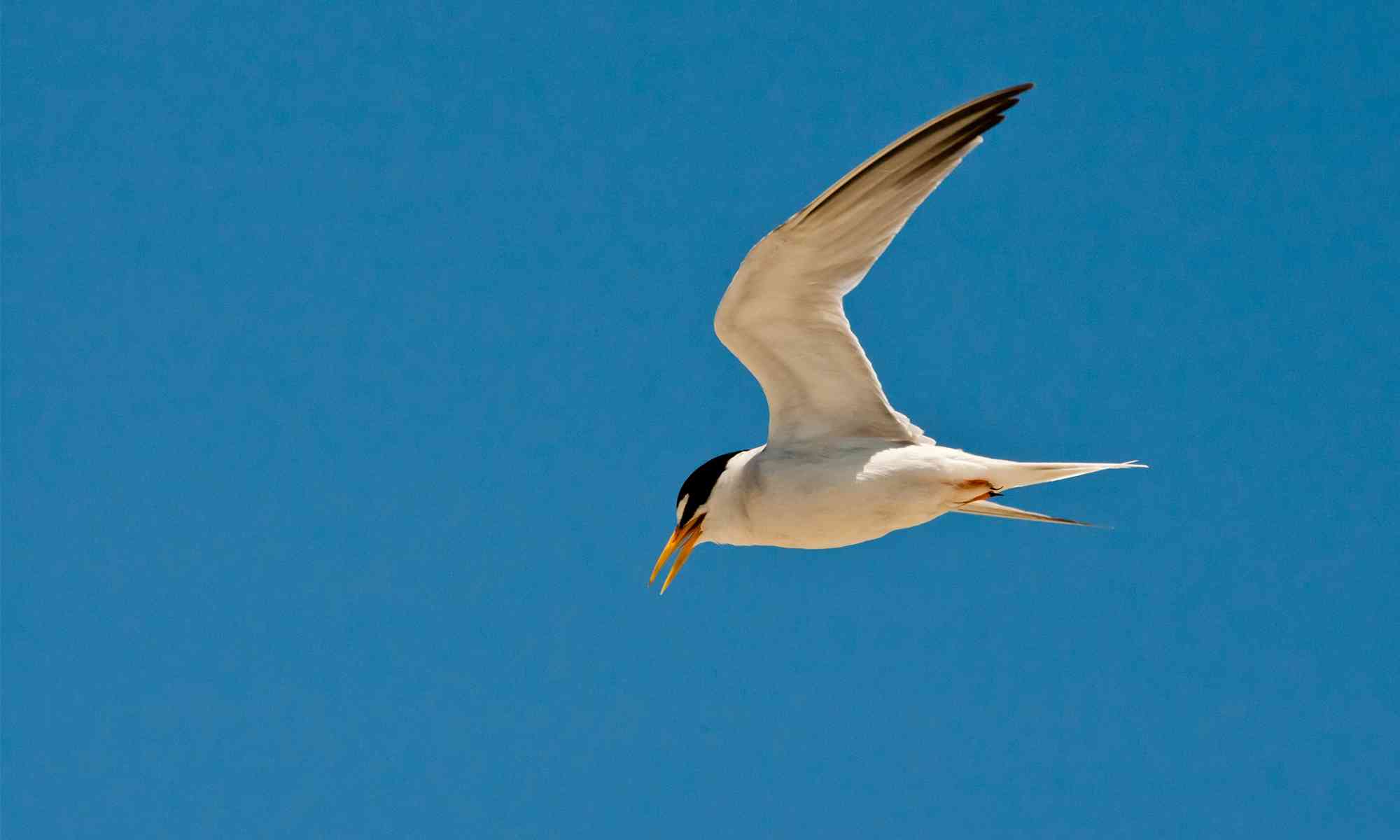If impacts are identified and dnr pursues these activities dnr will consult with usfws.
Marbled murrelet usfws.
Fws s threatened endangered species system track information about listed species in the united states.
Endangered species act as threatened in washington oregon and california usfws 1997.
Marbled murrelets are seabirds that forage in marine waters but nest in forests.
In 1974 at california s big basin redwood state park the marbled murrelet the enigma of the pacific won the distinction of being the last bird species in the united states to have its nesting site discovered.
The marbled murrelet is a small robin sized diving seabird that feeds primarily on fish and invertebrates in near shore marine waters.
Marbled murrelet management areas all new or expanded recreation facilities trails and recreation leases in occupied sites and buffers and marbled murrelet management areas will be evaluated by dnr for impacts.
They locate their nest in a depression on a mat of moss lichen or debris accumulations on large branches.
This came on the heels of more than a century of searching by early ornithologists for the elusive murrelet nest.
The marbled murrelet brachyramphus marmoratus is a small seabird from the north pacific.
It nests in old growth forests or on the ground at higher latitudes where trees cannot grow.
It spends the majority of its time on the ocean restingoosting and feeding but comes inland up to 80 kilometers 50 miles to nest in forest stands with old growth forest characteristics.
It is a member of the auk family.
Recovery of the murrelet depends in large part on conservation and restoration of breeding habitat on federally managed lands.
The marbled murrelet a small seabird that nests in large conifer trees is a federally threatened species covered by the washington state department of natural resources dnr s trust lands habitat conservation plan hcp.
Marbled murrelets brachyramphus marmoratus range from alaska to california and are federally listed under the u s.
In washington marbled murrelets nest in mature and old growth conifer forests and sometimes in comparatively younger forests with residual old growth trees.

